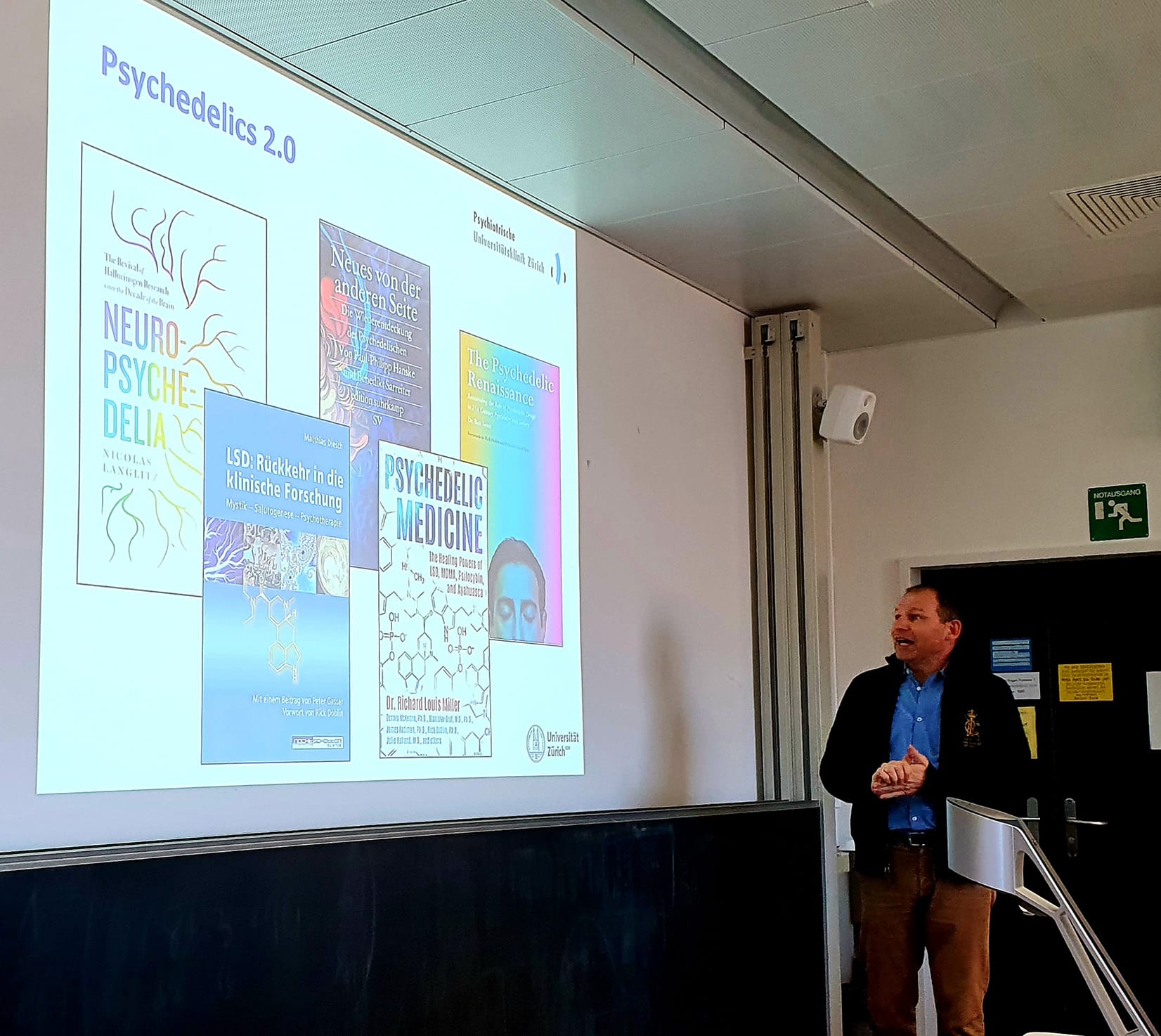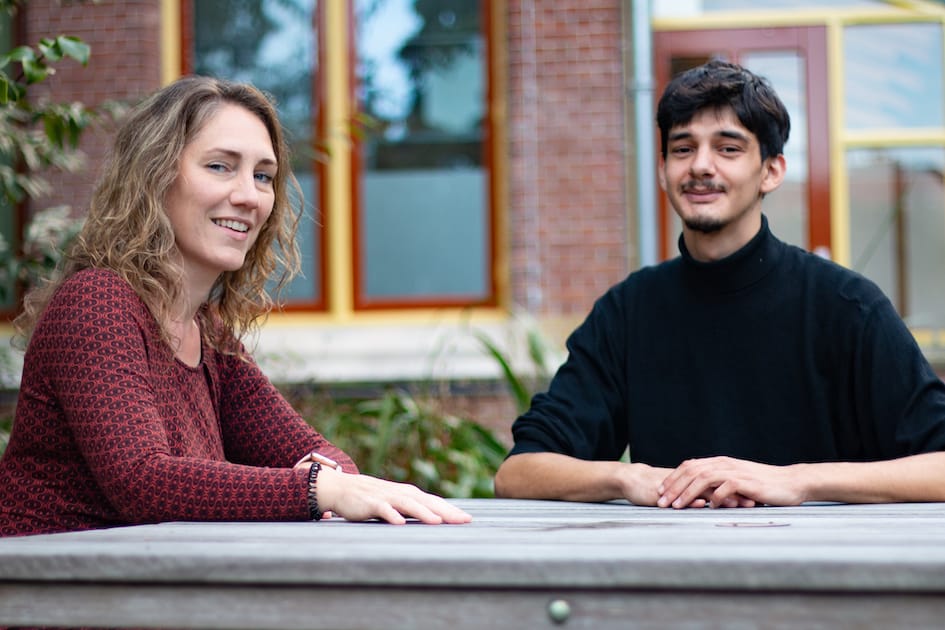Researchers at the National Institute for Public Health and the Environment (RIVM) have analyzed sewage for remnants of certain psychoactive substances. What does it tell us about students’ consumption?
Both psychedelics and meditation have the potential to elicit self-transcendent experiences that are deeply meaningful and healing. This post addresses the question is whether it is possible to create a synergistic combination of psychedelics and meditation. A recent study addresses this topic, and is the subject of a documentary, “Descending the Mountain”, which will be screened on April 30, 2023.
Machine learning in cognitive neuroscience In modern cognitive neuroscience, it has become common-practice to apply machine learning techniques to data obtained through neuroimaging. Despite this widespread use, however, there is something amazingly enigmatic about it. On the one hand, there is this organ that for millennia has eluded scholars: billions of neurons connected in myriads […]
Three master students write about the pitfalls and opportunities of creative group work. Traits that seem a bonus, may turn out to be a pitfall – and the other way around.
After their demonization and prohibition decades ago, psychedelic drugs are now again investigated by scientists. Stephan Schleim shares impressions from a recent visit to the Psychiatric University Hospital Zurich, one of the pioneering places for this research. Do psychedelics have therapeutic potential?
Two years into the pandemic university staff at all levels have invested a lot of time and energy in transitioning to online teaching, supervision, and virtual work. YESS BSS surveyed early career researchers to learn more about their concerns. They suggest improvement could be made in offering support, reducing (or compensating for) teaching load, and considering career opportunities.
In her buddy program, Dr. Lisette van der Meer couples psychology students to people with a serious mental illness. The aim? Stimulate a reconnection with society for service users while at the same time create a learning opportunity beyond the textbooks for students. Mindwise interviewed Dr. Lisette van der Meer and buddy Justin L. Abu Hoof about their experiences.
When it comes to issues of sexuality, whether it’s sexual satisfaction or sexual shame, the role of religion seems to have been neglected. In this post, Lena Bogdanska explores the issue.
Emotional memories of uncomfortable, sad or irritating events tend to affect us less and less as time passes. Recent research suggests this may be due to the emotional reprocessing of these memories during REM sleep, which strips them of their emotional salience and enables us to navigate everyday life.
The Jerusalem Syndrome describes a controversial, yet fascinating condition in which affected individuals exhibit psychosis-like symptoms elicited by a visit to the holy city of Jerusalem.










